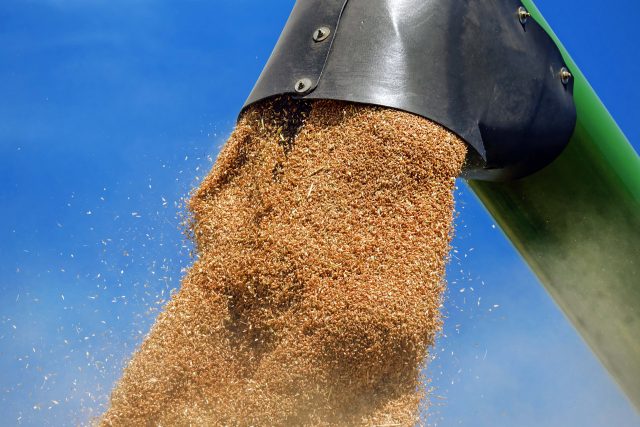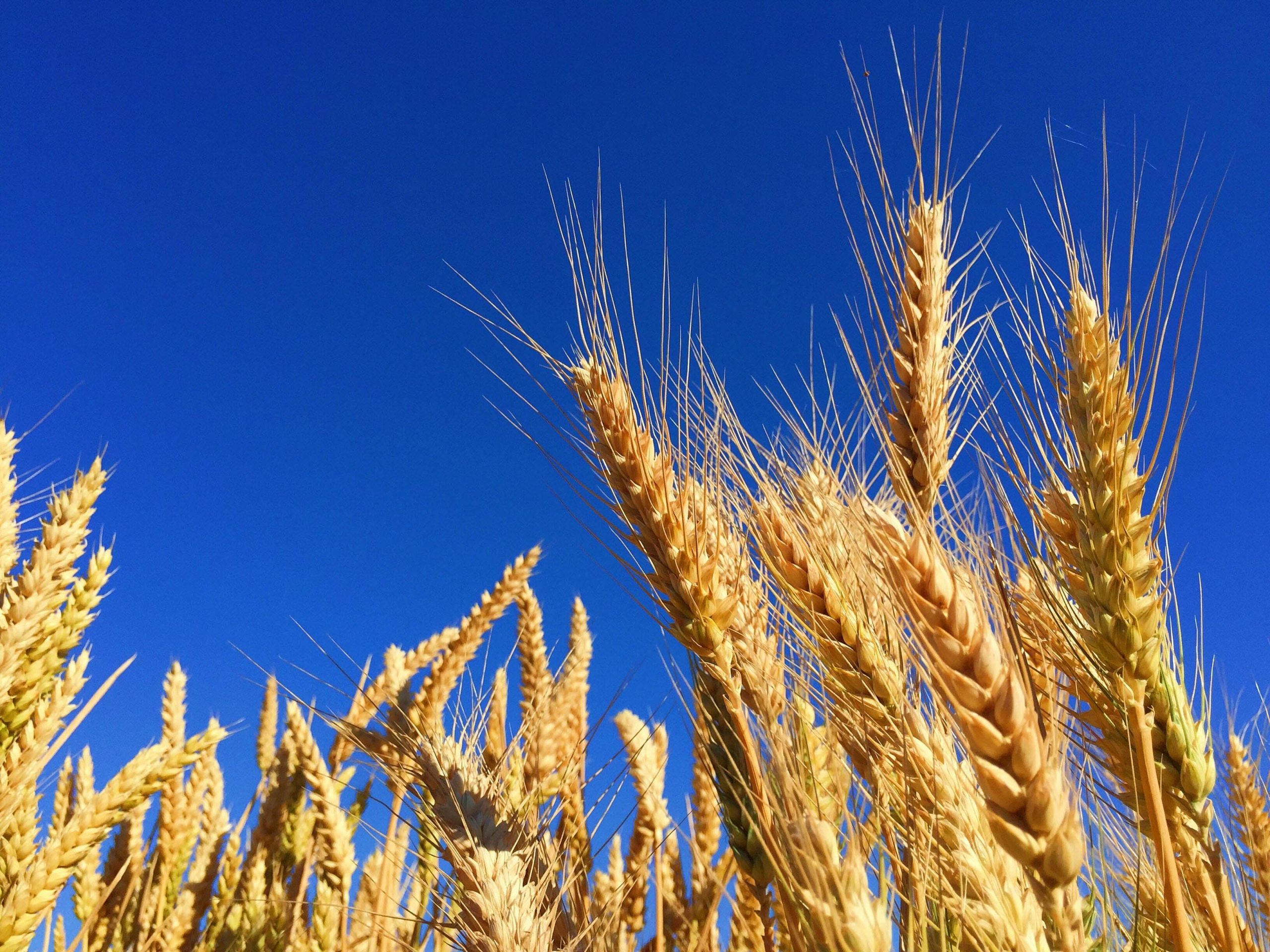
Ukrainian grain is creating tensions between the Kiev administration and two of its allies that have so far provided military support in the war with Russia: Poland and Slovakia. These countries have unilaterally decided to maintain restrictions on the import of Ukrainian grain, despite a European Commission decision to lift the blockade, imposed several months ago at the request of five central and south-eastern European countries, to protect their farmers and road infrastructure. A third country that has done the same as Poland and Slovakia is Hungary, which is not considered one of Ukraine’s main supporters. While Bulgaria announced its withdrawal from the blockade just days before the EU’s decision, Romania has yet to give a concrete response. Kiev’s reaction was both prompt and firm. Ukraine has threatened to take legal action at the EU Court of Justice and to file an immediate complaint with the World Trade Organisation against those countries for violation of EU law.
The European Commission lifted the restrictions. Kiev forced to draw up plan to control grain shipments
The European Commission has decided to lift restrictions on Ukrainian cereal imports to the five countries listed on the 15th of September, while calling on Kiev to draw up a plan of effective measures to control shipments. Prior to this decision, Bulgaria withdrew from the ad hoc coalition on accepting Ukrainian grain after three parties supporting the government proposed this to the National Assembly in Sofia.
Clearly Poland, Slovakia and Hungary do not agree with the European Commission’s conclusion that “market distortions in the five member states bordering Ukraine have disappeared”, so they have announced that they are maintaining the restrictions indefinitely. After hesitating for a few days, the Bucharest authorities also announced that they were extending the restrictions for 30 days. The decision also came with some conditions – Ukraine must immediately put in place effective export control measures for four groups of goods and urgently present an action plan, which gave Romania the reason not to take a firm decision for the time being. In other words, first Bucharest said it was waiting to see Ukraine’s action plan, then it promised to analyse and set “conditions”. Finally, Romanian Prime Minister Marcel Ciolacu announced that he would go to Kiev to discuss these conditions.
“I have a dialogue with customs every day on this subject and information if someone has asked for an export on Romanian territory and it has not been asked for”, explained PSD leader Prime Minister Marcel Ciolacu, who stressed that not a single grain of wheat has been imported. He added that a memorandum will be made, in the 30 days of grace, and a dual licensing system, both on the territory of Ukraine and Romania.
According to an analysis published by adevarul.ro, “the strategy of the representatives of Romania and Kiev now seems to follow the strategy of deepening the Bystroe Canal in the spring. The deepening of the Bystroe Canal by the Ukrainians (from 3.5 to 7 metres) was aimed at creating a navigable channel to the Black Sea for ships transporting grain produced in Ukraine. At the time, Romania accused Ukraine of violating the Convention on the Regime of Navigation on the Danube, which stipulates that the only navigable arm of the Danube to the Black Sea is Sulina. After the accusations of the Romanian state, measurements of the depth of the Bystroe Canal were also made by the Ukrainians and the results have not yet been made public.
“(…) after a large part of Romanian politicians and media entities pretended that in fact there is no deepening, later Romanian representatives pretended that they would do something about it, that they would take action and measure the Bystroe Canal and the Chilia Arm. Finally, as if in a comedy play, the measurements were made by the Ukrainians themselves and we were promised that the results of the “analysis” would be made public sometime in April. The official results have not been made public yet, the canal has been deepened from 3.5 m to over 6 m since then, and now it seems that it has already deepened or is in the process of deepening to over 7 m.”, say journalists from adevarul.ro.
According to official European statistics, by July 2023, almost 33 million tonnes of grain and other agri-food products have been exported from Kiev through the Black Sea Grain Export Initiative. Russia’s blockade of the Black Sea now prevents Ukraine from making full use of its traditional export routes, forcing it to seek alternative routes, such as overland, through its neighbours.

The restrictions imposed by the European Commission last May came amid complaints from the five countries, after their authorities faced protests from domestic farmers, who complained of pressure on the sector because of low prices due to a lack of customs duties and even the questionable quality – officially denied – of these Ukrainian products.
“It is crucial for us to establish that member states cannot individually ban the import of Ukrainian goods. (…)This is why we are filing a complaint against them,” Economy Minister Yulia Svyrydenko reacted to the restrictions imposed by Poland, Slovakia and Hungary in a statement. We hope that these countries will lift their restrictions and that we will not have to go to court for a long time to settle our dispute,” the Ukrainian minister added in the statement.
The reaction of Ukrainian President Volodimir Zelenski, followed by a counter-reaction from the Polish authorities, however, speaks openly about tensions between Warsaw and Kiev. Volodimir Zeleski claimed that some countries were “feigning solidarity” with Ukraine and that the “political theatre” created by the dispute over Ukrainian grain imports was serving Russia, while Poland’s president warned Kiev that it should “remember” the help Warsaw was offering. The Polish government later announced that it would not supply Ukraine with any more weapons than those already agreed, according to digi24.
Subsequently, Polish President Andrzej Duda took a step to defuse the situation, saying that the issue would be resolved diplomatically.
“I have no doubt that the dispute over the import of grain from Ukraine to the Polish market is only a fragment of Polish-Ukrainian relations. I don’t think it will have a significant impact on them, so we have to solve this problem between us,” Andrzej Duda told a business conference.
It should be noted that Poles were called to the polls on the 15th of October to elect a new parliament, and that farmers played an important role in the previous elections in 2015 and 2019, and the current government did not want to risk new farmers’ protests after those in the spring. The election was a reason for a similar decision in Slovakia, where voters were called to the polls on the 30th of October.
In Hungary, however, the situation is different. Just before the EU decided to lift restrictions on Ukrainian grain imports, Hungarian Prime Minister Viktor Orban announced a “serious battle” between eastern EU members and Brussels. In the style to which he has already become accustomed, Viktor Orban accused the EU of defending not European but American interests, “because what we call Ukrainian grain is, of course, not Ukrainian grain, but a commercial product from a territory that has probably belonged to the Americans for a long time”.



 Subscribe
Subscribe